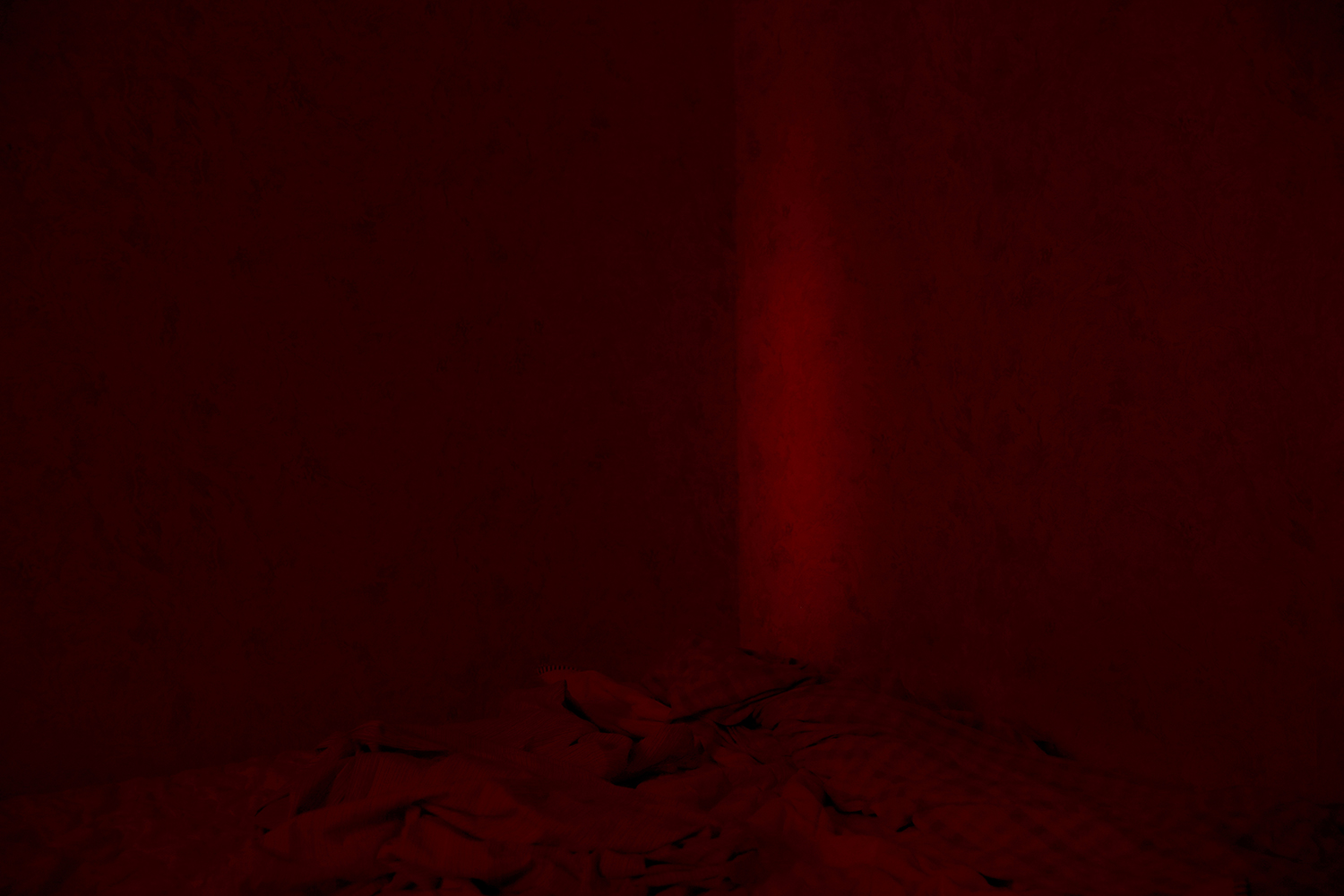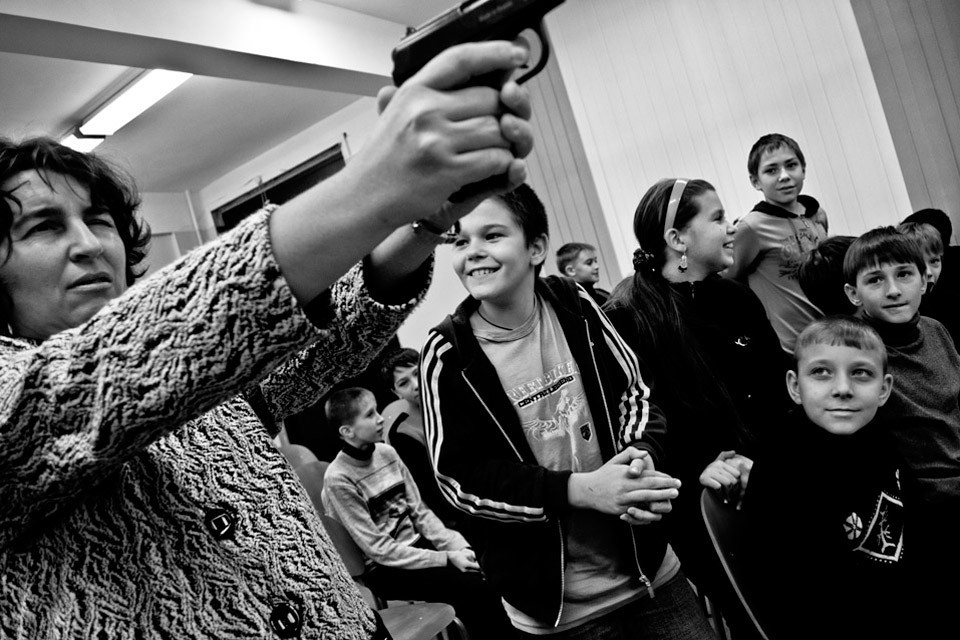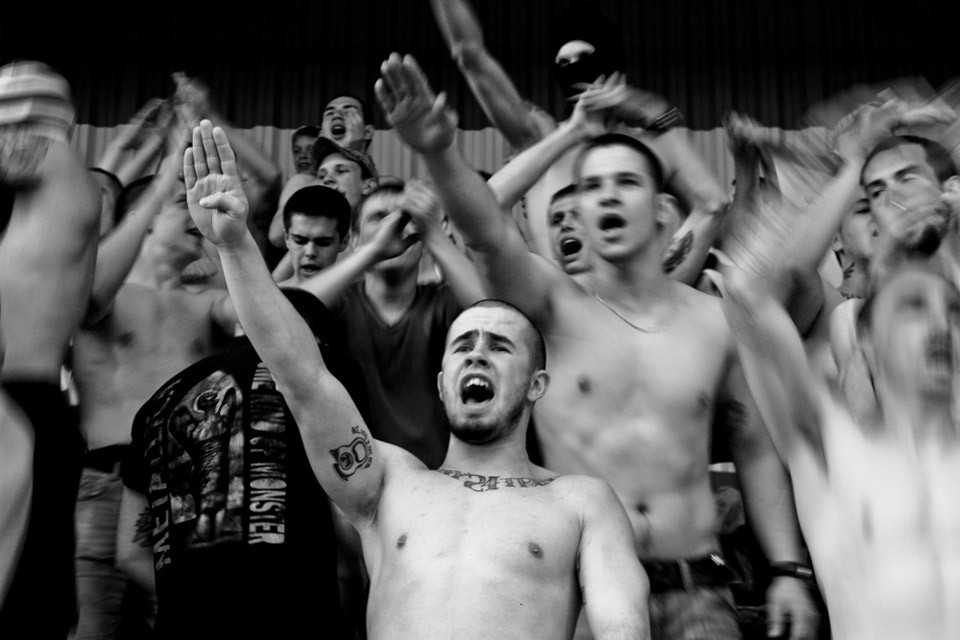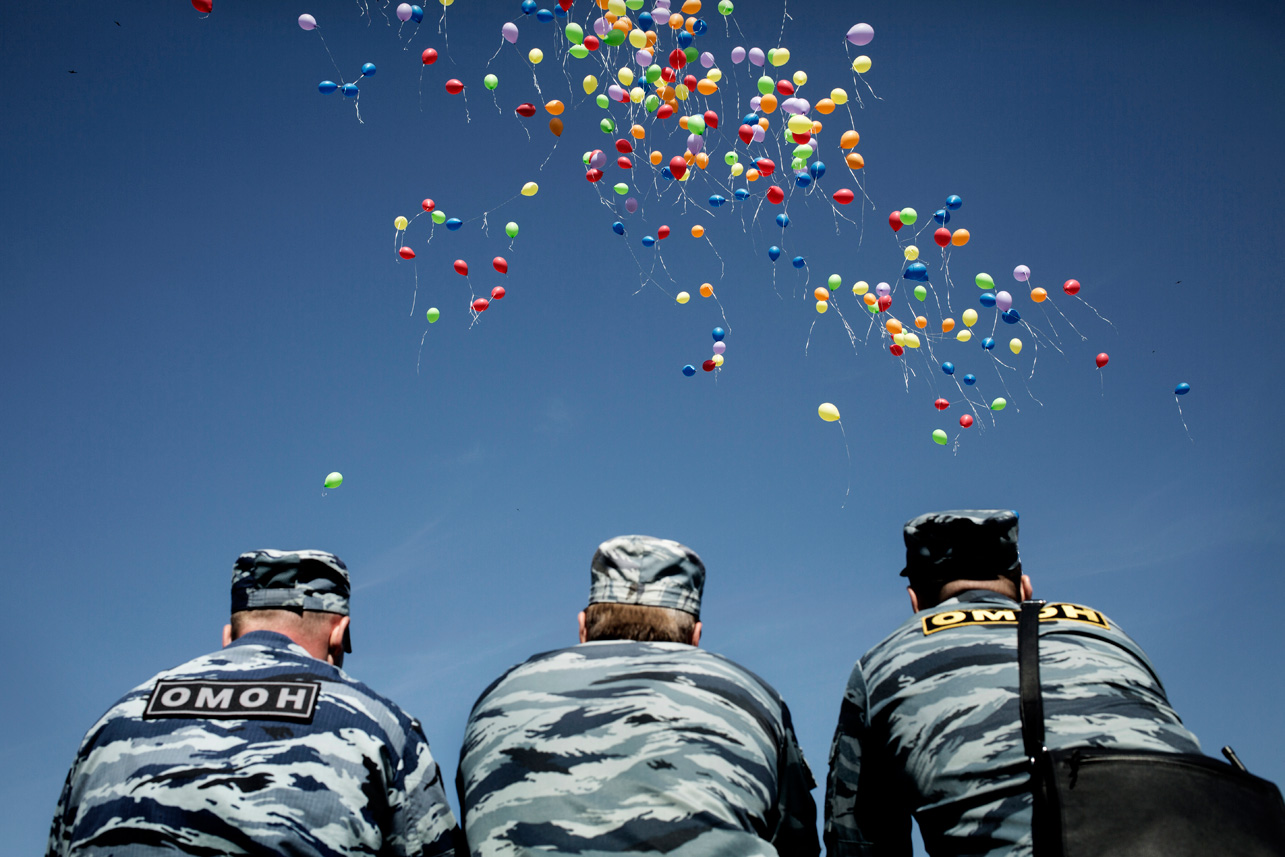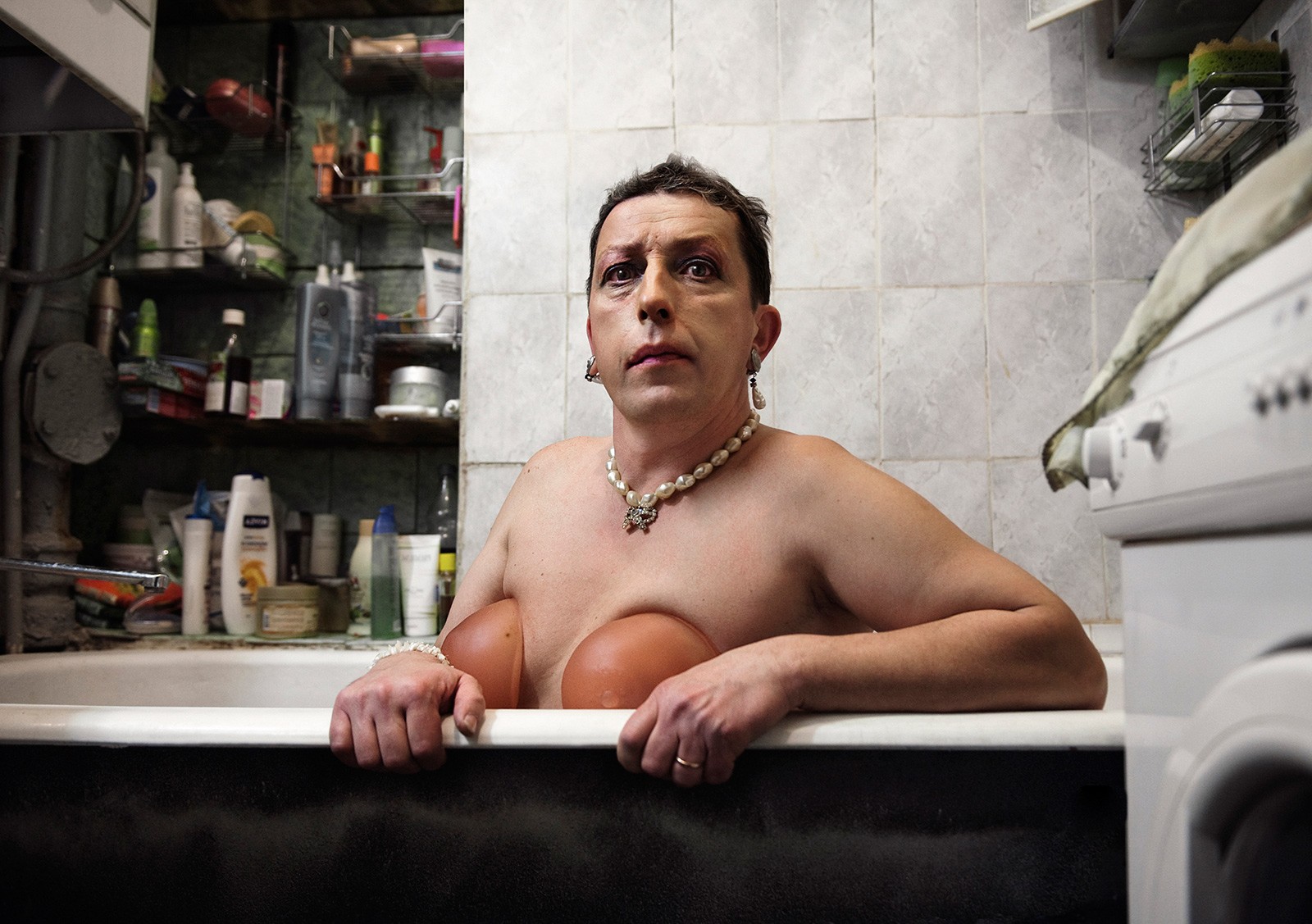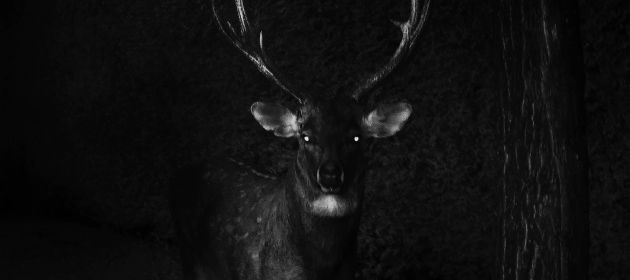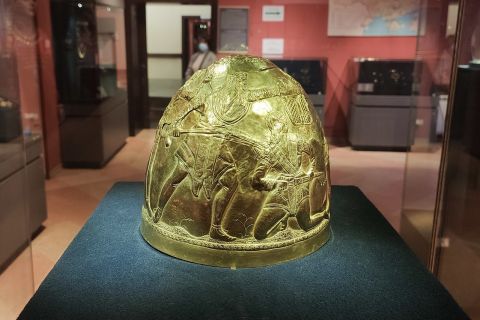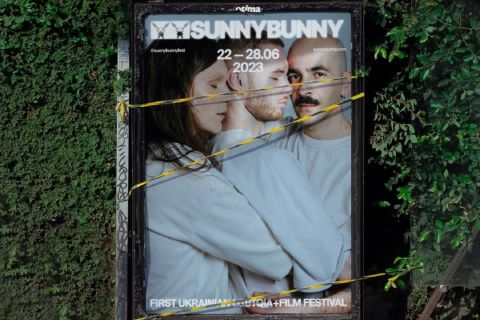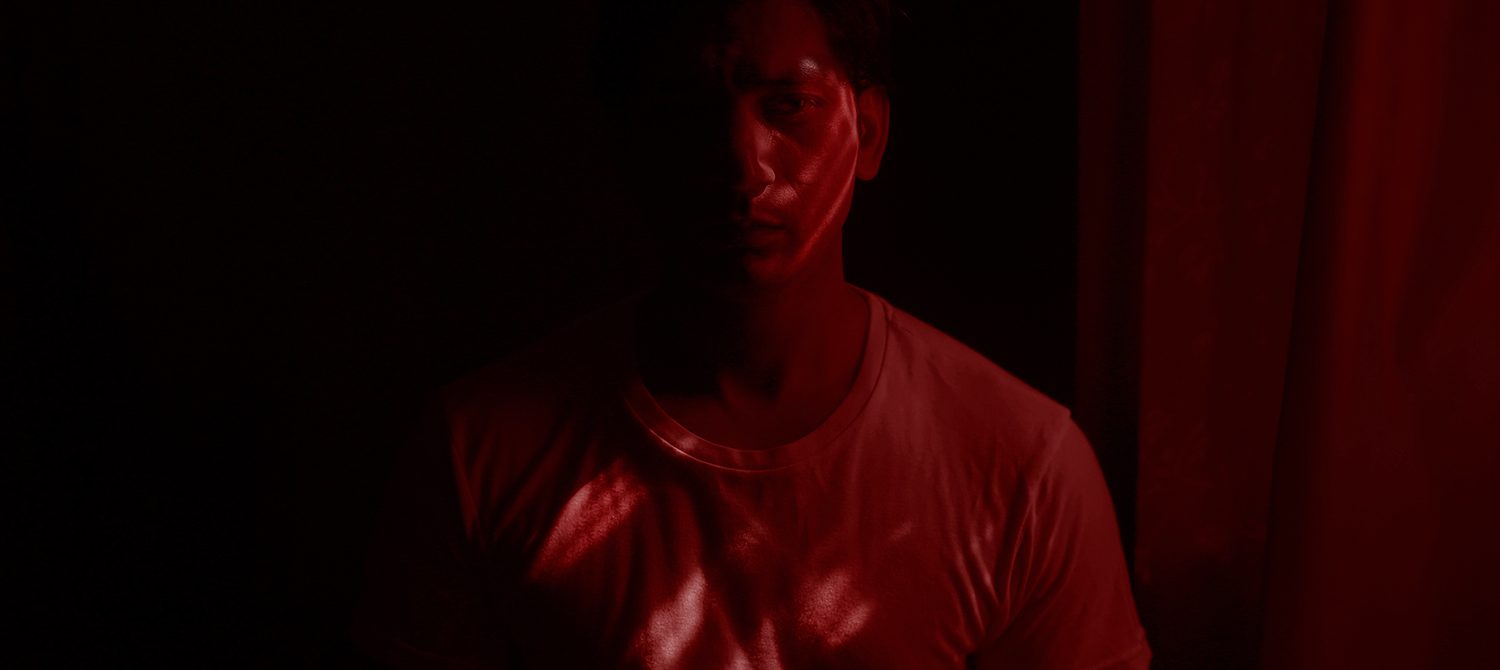
Color of Violence: Photo Project by Sergei Stroitelev

Photographer from St. Petersburg. In 2014, graduated from the Photojournalism Department and received an award for his graduation project. Worked for National Geographic Russia, Vokrug Sveta, Lenta.ru, Meduza, Nevskoye Vremya, LensWork, Wall Street International Magazine, Vice UK/USA. Works as a stringer for RIA Novosti, Kommersant, Getty Images. Received Jury’s Special Award at Humanity Photo Awards 2015, received two awards from both Young Photographers of Russia and Zolotoye Pero.
The color of violence is red, like the color of blood that runs inside each of us.
As shameful as it may be to admit this, migrants and refugees are subjected to violence by locals in Russia daily — from ‘accidental’ pushes on public transport and in the street to serious injuries and even murder. I decided to find people from the various different countries who were subjected to race-based violence and ask them to tell their stories.
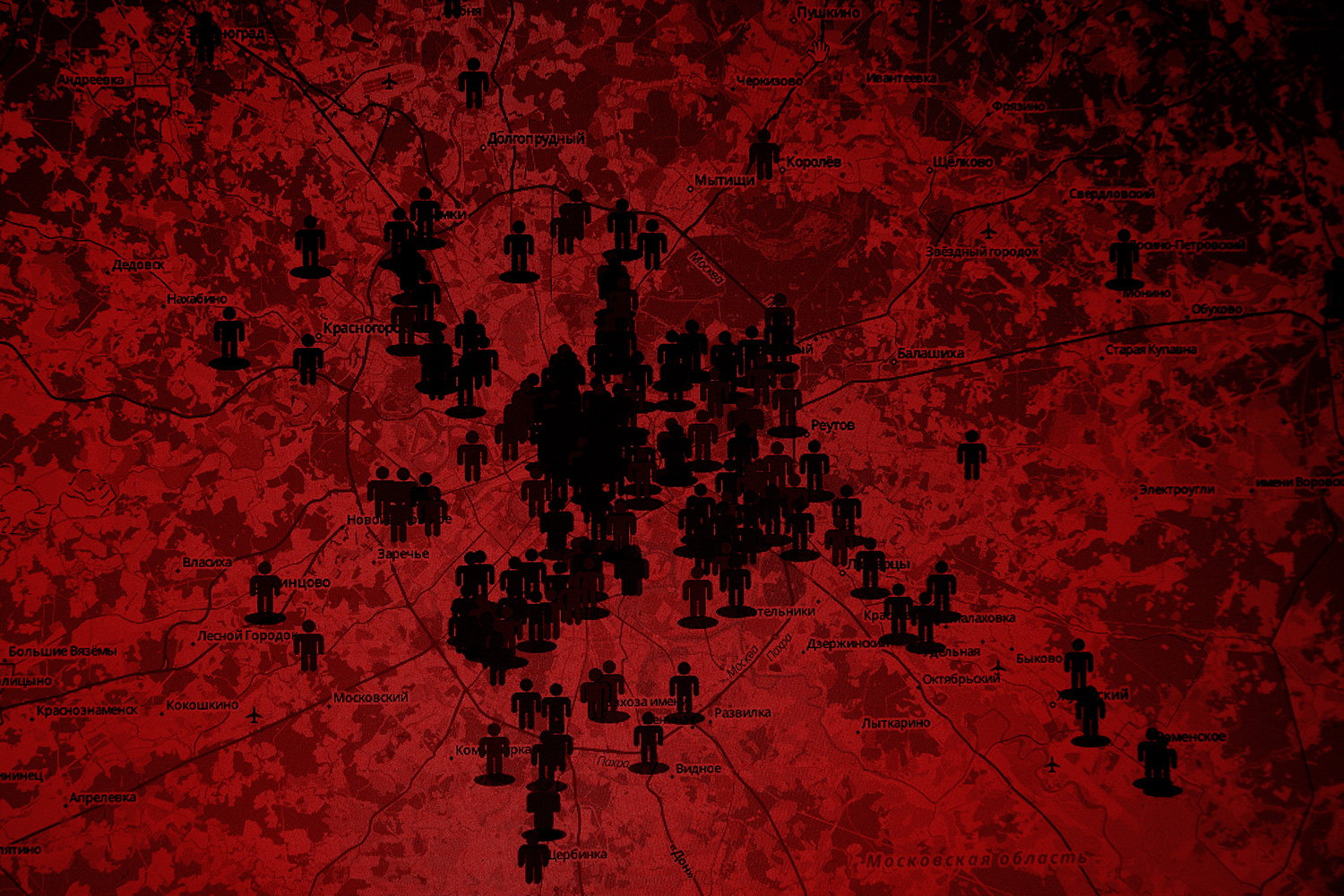
This is the map compiled by the hatecrimes project, run by the Committee for Civic Assistance. It features the attacks in Moscow and Moscow oblast between 2010 and 2014, reported by migrants and refugees to the participants of the project. The map reflects only a small portion of such incidents.
Francis, 48, Congo, 4 years in Russia
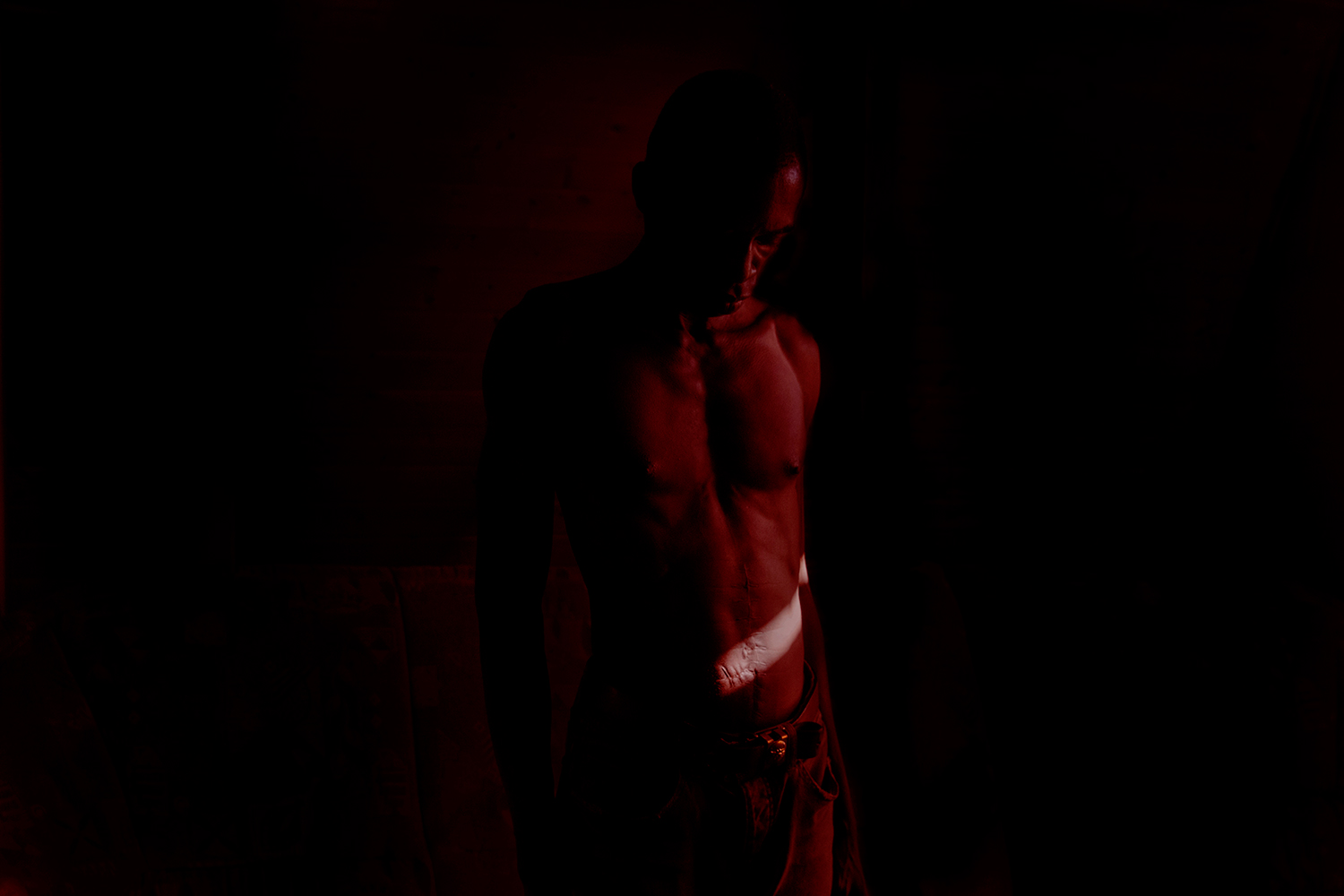
Francis was attacked 3 years ago in Podolsk. The man says the perpetrators were three well-dressed young men who spoke some English. They approached Francis on a railway station late at night and asked if the ‘nigger’ wanted to take a photo. When Francis asked him not to call him that, they started asking some bullshit questions — if he likes bananas, if he eats monkeys. The young men said that Francis was too well-dressed for a ‘nigger’ and asked him to give them his jacket. When one of them pulled out a knife, Francis took the jacket off, after that they asked him to take off his top. Francis refused, and the two attackers held him while the third stabbed him in his stomach.
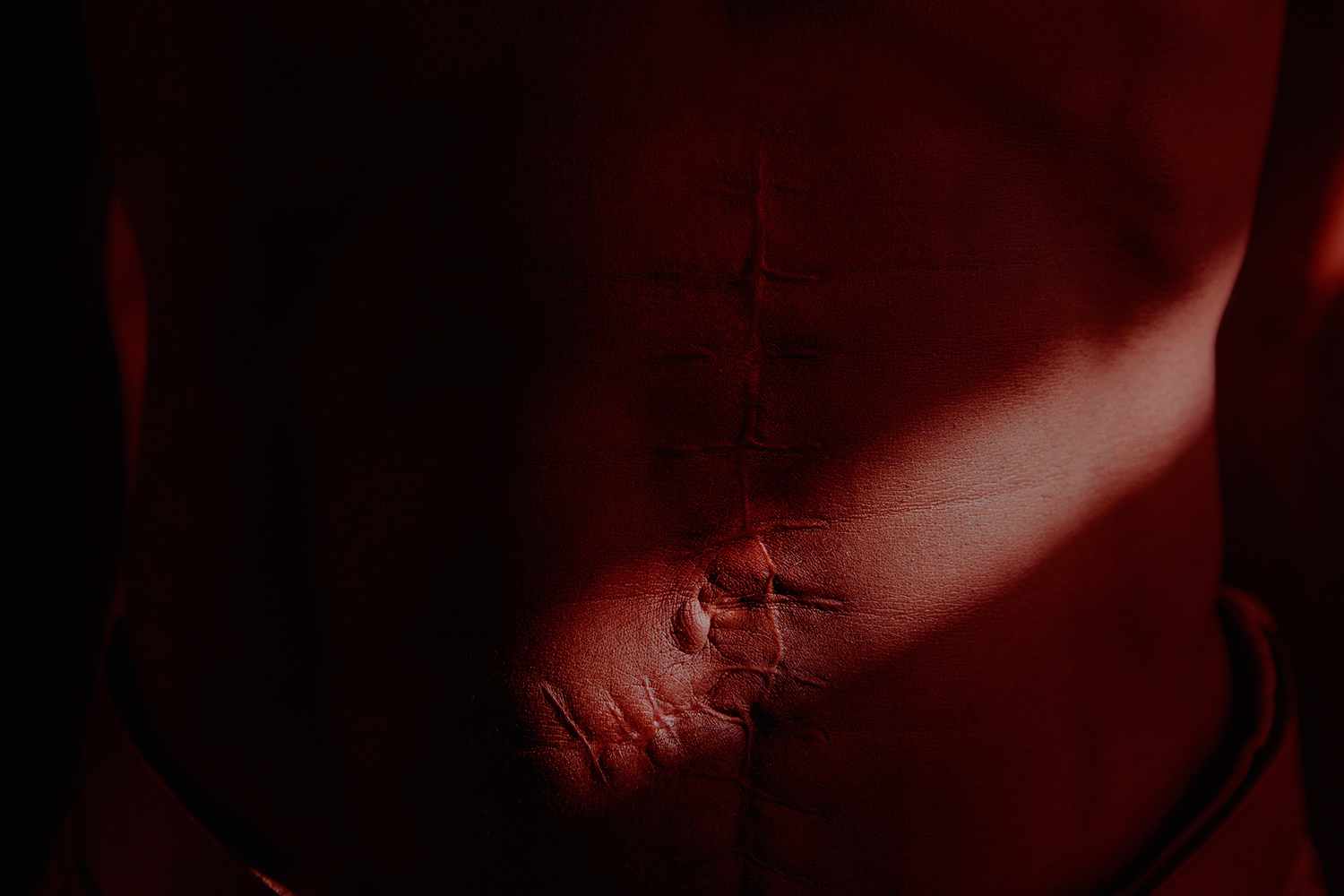
Francis does not remember what happened next — he woke up in the hospital where the doctor told him that people with his injuries don’t usually survive. The police refused to open a criminal case. On the advice from the priest who hosted him, Francis forgave the attackers.
Fitsum, 32, Eritrea, 6 years in Russia
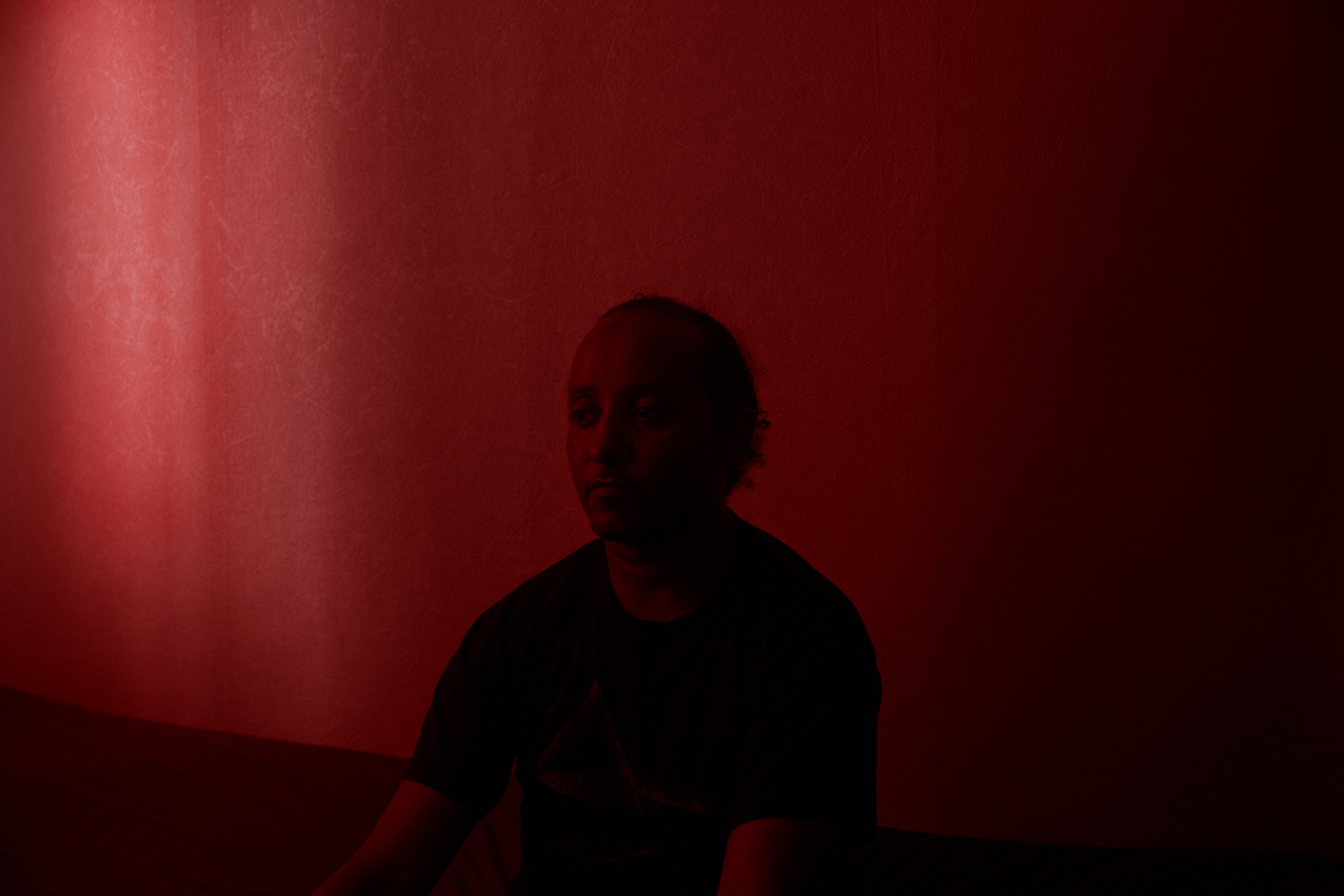
Fitsum was attacked in Perm. He was leaving a shop with his friend when one of a group of 7–8 people standing nearby asked them to come near. And when they did, someone called Fitsum a monkey and started a fight. The friend managed to escape, but Fitsum fell on the ground and they kicked him for 5 minutes, seriously injuring his head and arm. Fitsum recalls with gratitude an elderly woman who tried to stop the attackers. The police refused to open a criminal case.

Fitsum is still afraid to walk the Russian streets. After the incident he moved to the capital, but people keep calling him a monkey there, too. He thinks that Russia is a closed country where people don’t want to accept foreigners and think that black people live in trees like monkeys. It is only a part of the problem: it is difficult for foreigners to find legal jobs, they get unjustified fines, and getting permits is difficult because of bureaucracy. Fitsum says that he feels like he is a powerless toy in Russia.
Sulaimon, 38, Tajikistan, 13 years in Russia
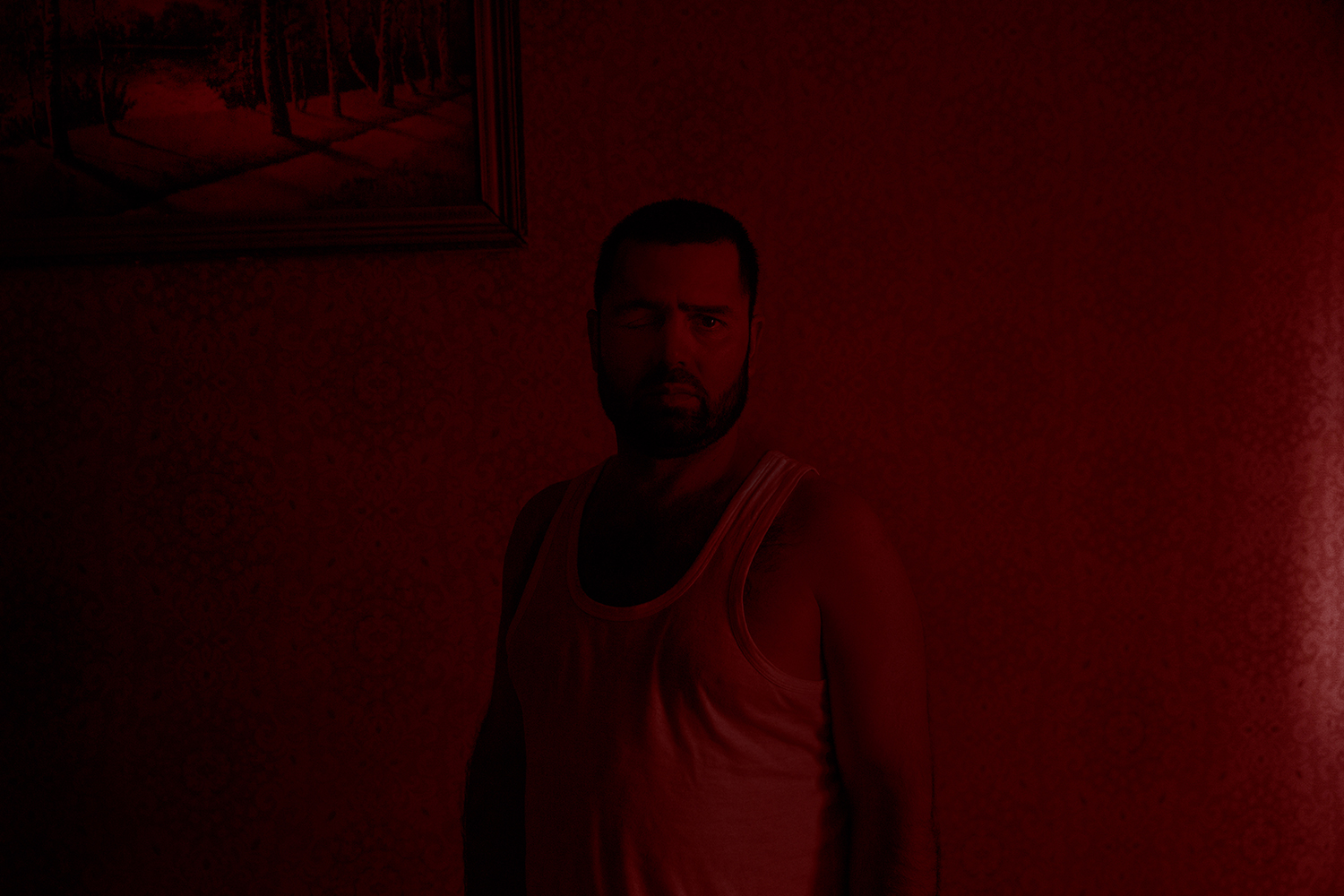
Sulaimon was attacked several months ago in the Moscow metro when he was returning from work with his nephew. The nephew was sitting in the metro car across from Sulaimon and playing a computer game when he was approached by a man in his 60’s who called the boy ‘churka’ [pejorative for people from Central Asia in Russia] and said that ‘dark’ people shouldn’t walk around Moscow or use the metro. Sulaimon asked his nephew to come closer, but the man pulled out a gun and said both of them had three minutes to leave. Sulaimon didn’t take him seriously and mistook the non-lethal handgun in his hand for a toy. The man opened fire and injured Sulaimon in his eye, head, and chest. He managed to snatch the gun from the attacker, and his nephew hid in the crowd. The police were waiting at the doors at the nearest station, and at first they thought that Sulaimon was the attacker. The shooter was soon identified by description and by handgun, the case where he is a suspect is currently being investigated. At first they wanted to sweep the case under the rug, but Sulaimon’s brother insisted that the investigation continue. The attacker is claiming that Sulaimon attacked him first, and he acted in self-defense. Sulaimon says it is extremely difficult to find witnesses — the metro car was full, but nobody wants to give testimony.
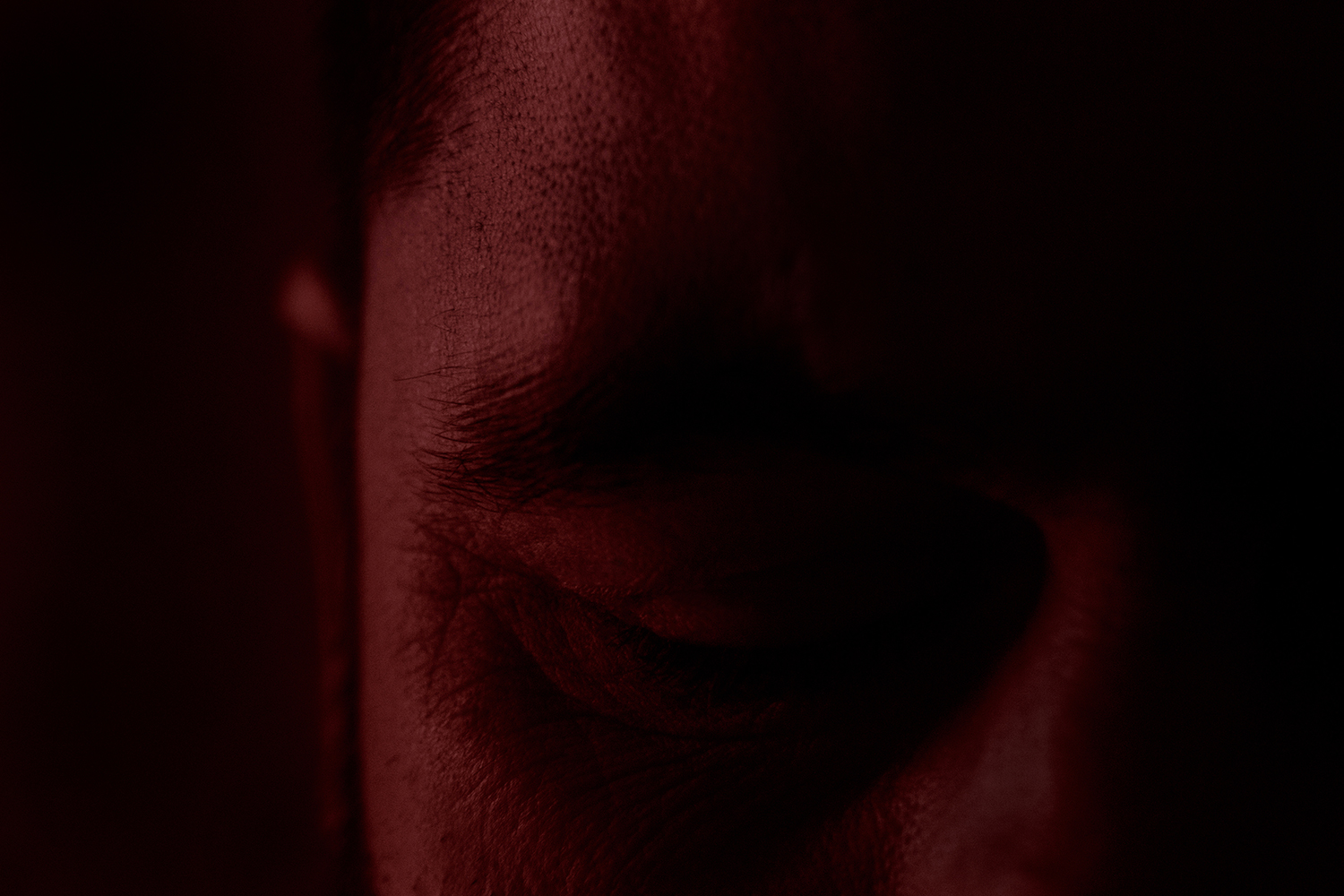
Sulaimon has read about attacks on ‘guests of the capital’, but never thought he would experience it himself. The man thinks that a Muscovite sees the root of all their trouble in foreigners, so they get angry at them.
Sulaimon is currently waiting for the surgery to remove an injured eye.
Mbutasala, 30, Congo, 11 years in Russia
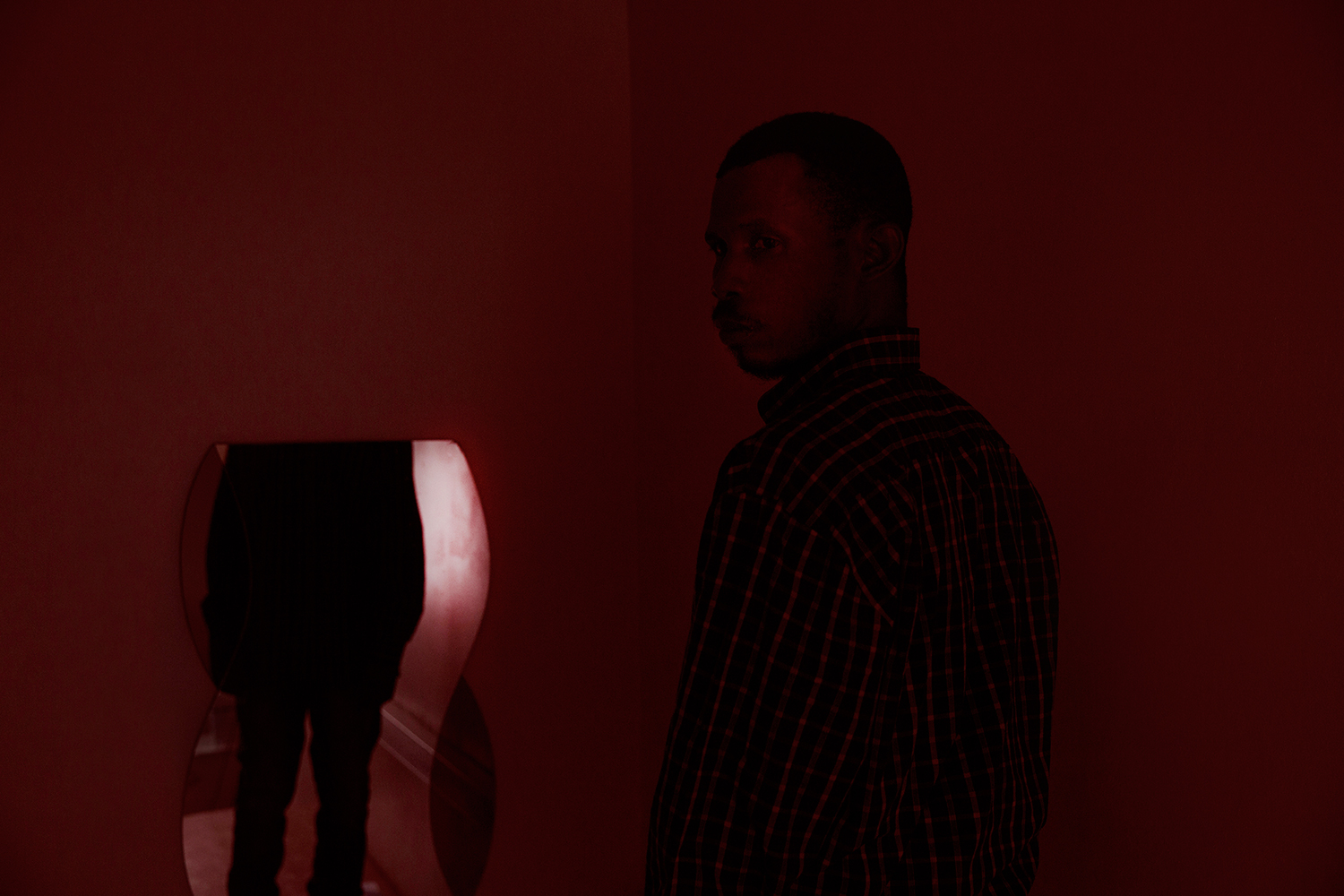
Mbutasala was attacked about a year ago in Moscow. At about 6 pm at the exit from Arbatskaya metro, two young people ran up to him and started hitting him on the head, saying “Monkey, what did you forget here?” Mbutasala lost consciousness. He woke up in a hospital with a broken head and without his things — it turned out he was robbed after he was beaten.
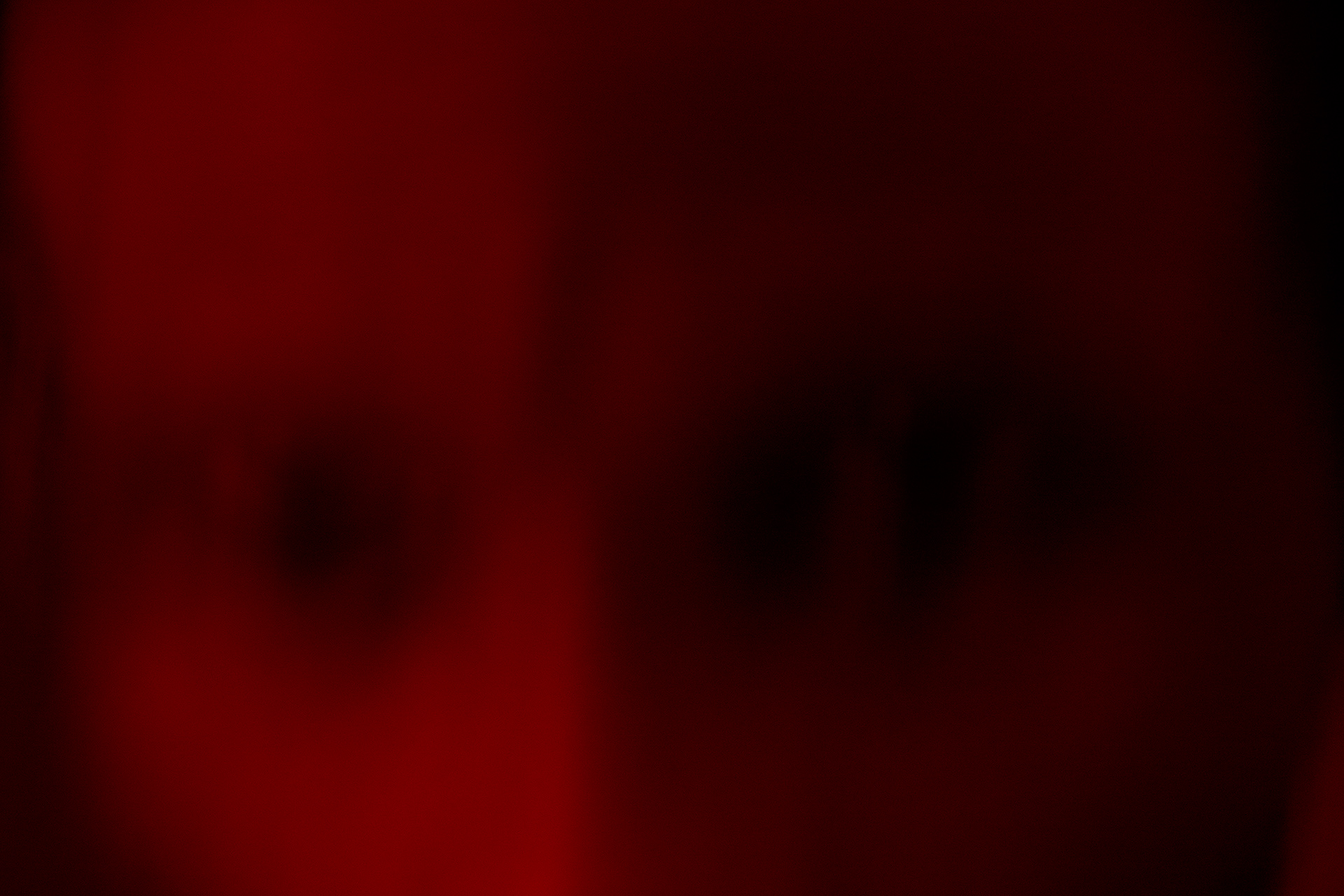
Since then, Mbutasala has been suffering from headaches and needs to take medication daily. He is afraid of parks, tries to get home early, stays away from groups of people with short-cut hair. He says that at first he thought he developed paranoia.
He says that the attacks happen because of the lack of education and does not understand why anyone would call a black person a monkey.
Jahangir, 27, Tajikistan, 6 years in Russia
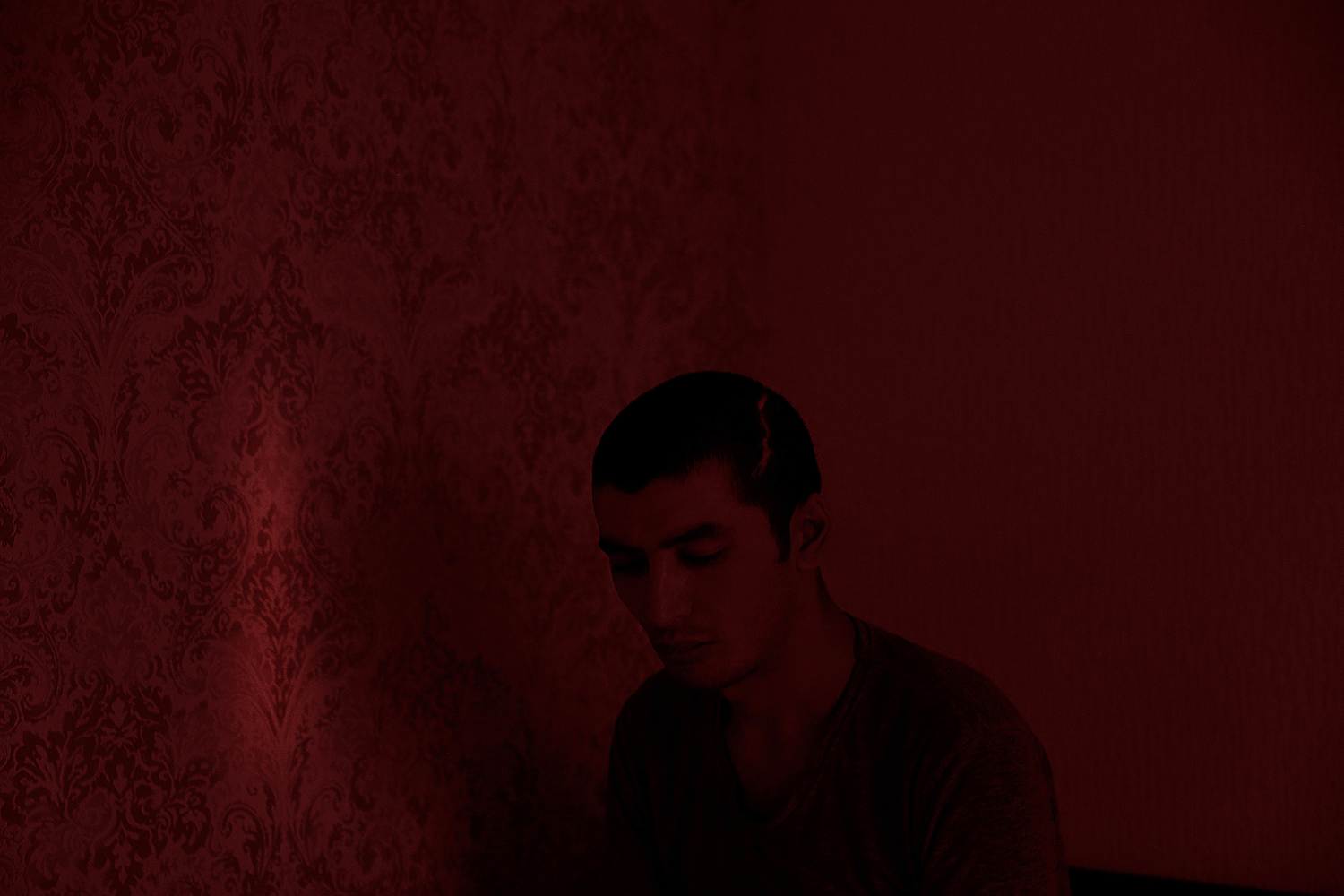
Jahangir was attacked 3 months ago in Podolsk where he worked. At about 11 pm he and his brother were going to their friend’s place, when a couple of older drunks, a man and a woman, asked them for a cigarette. The brothers had no cigarettes, so the woman started pushing them and saying that the ‘churki have gone completely crazy’. Jahangir’s brother tried to take him away, but Jahangir kept asking the woman why she was offending him. Meanwhile, the man was on the phone, repeatedly asking someone to ‘bring a bat’. Soon more people came. They broke Jahangir’s head with a baseball bat and kicked him for several minutes. The young man was hospitalized. After the attack he left for Tajikistan, but soon came back — he needs a complicated surgery that is impossible to perform in his native country.
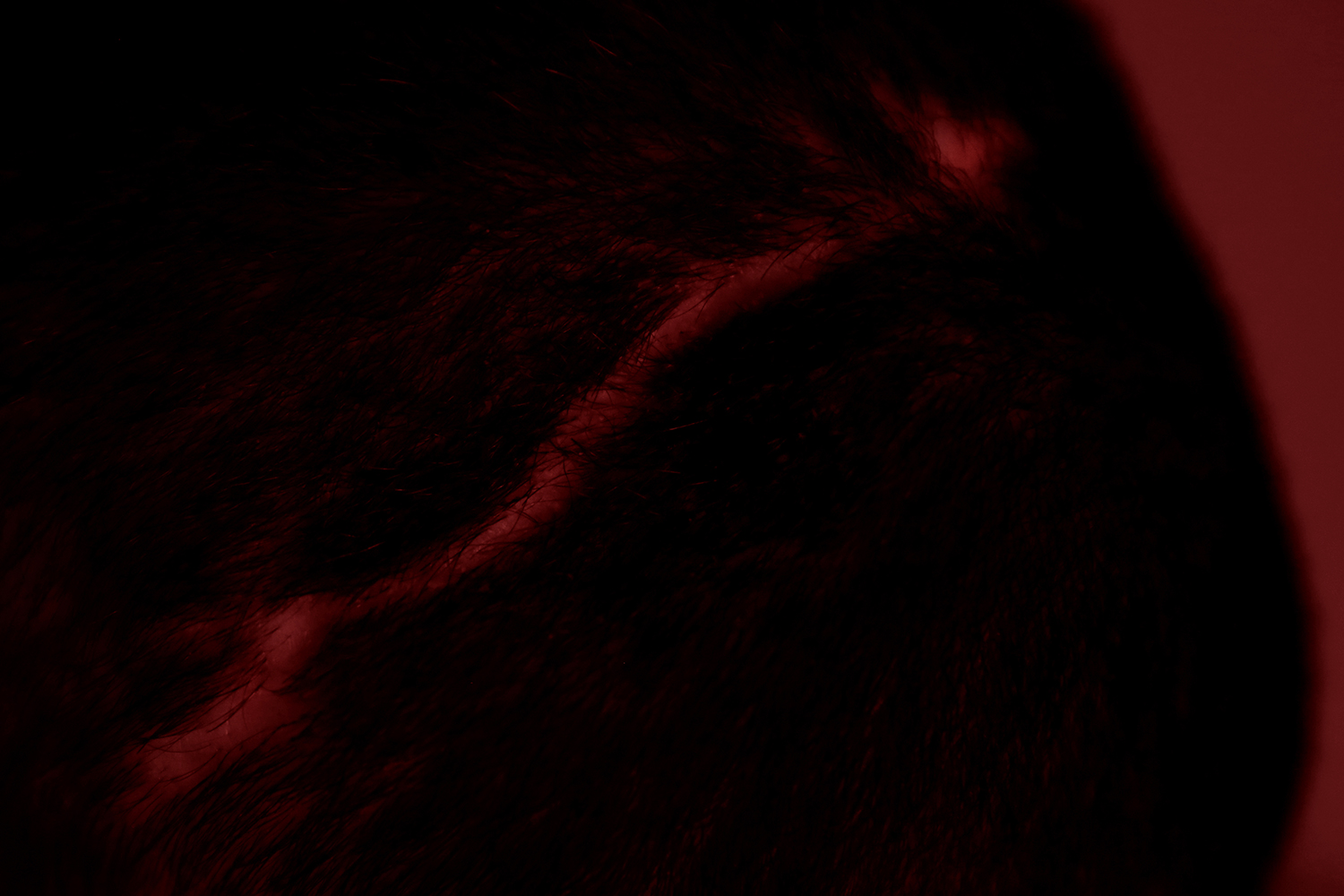
He now regrets not leaving, but staying to argue. Jahangir does not go outside after 10 pm and keeps looking back when he is in the street. He moved from Podolsk, because he was too scared there.
He would like the attackers to be punished according to the law, but there have been no developments in his case.
Nasser, 42, Afghanistan, over 20 years in Russia
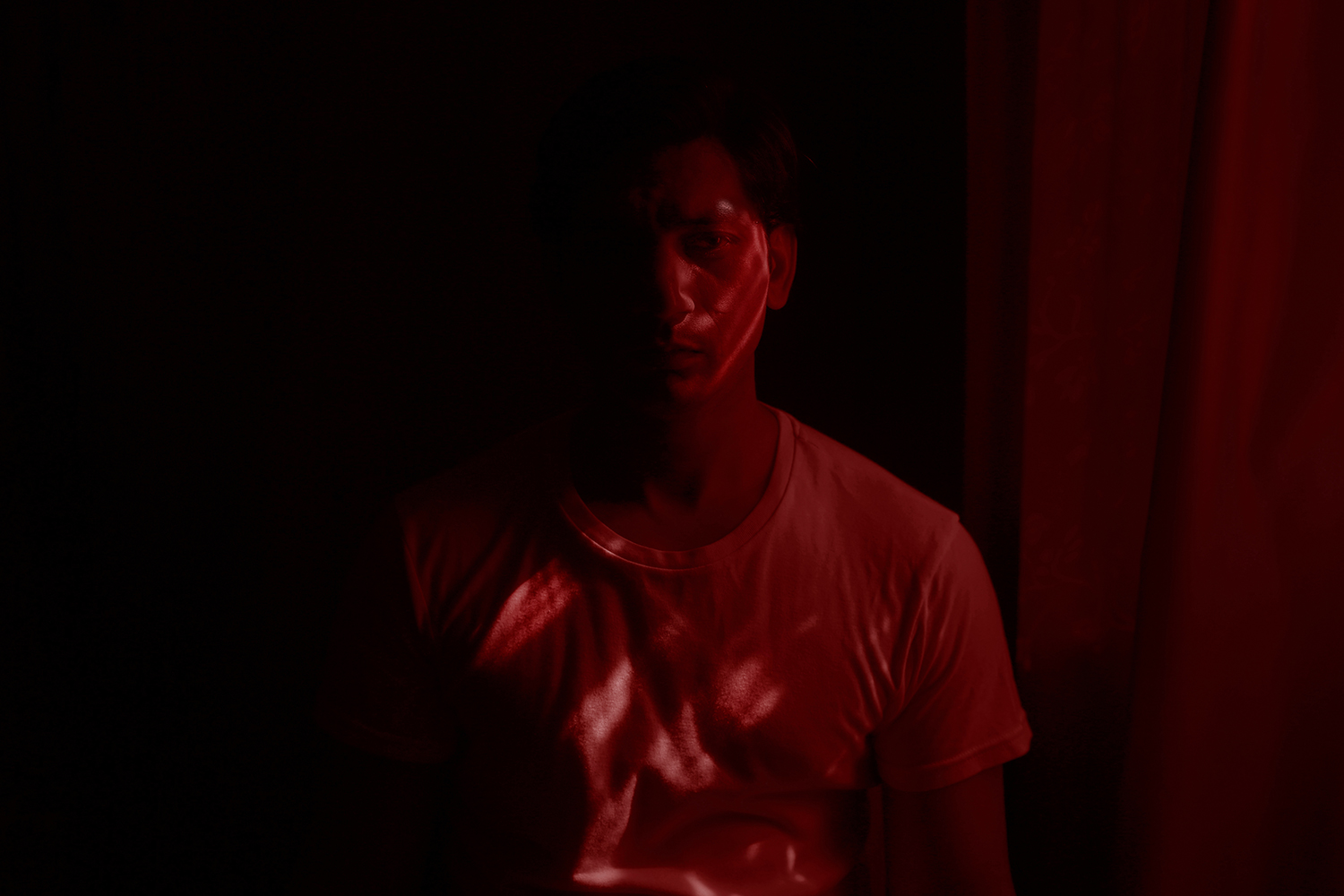
Nasser was attacked 5 years ago in downtown Moscow. He was walking the street on a late summer night, when a group of 16–18-year-olds started following him. They called him ‘churka’ and hit him on the back of his head. Nasser fell and woke up in a hospital with a broken jaw, stitches on his chin, a concussion, and numerous hematomas. The doctors said he could have died there if the passersby didn’t call an ambulance. In addition, the attackers stole all the valuables that Nasser had on him.
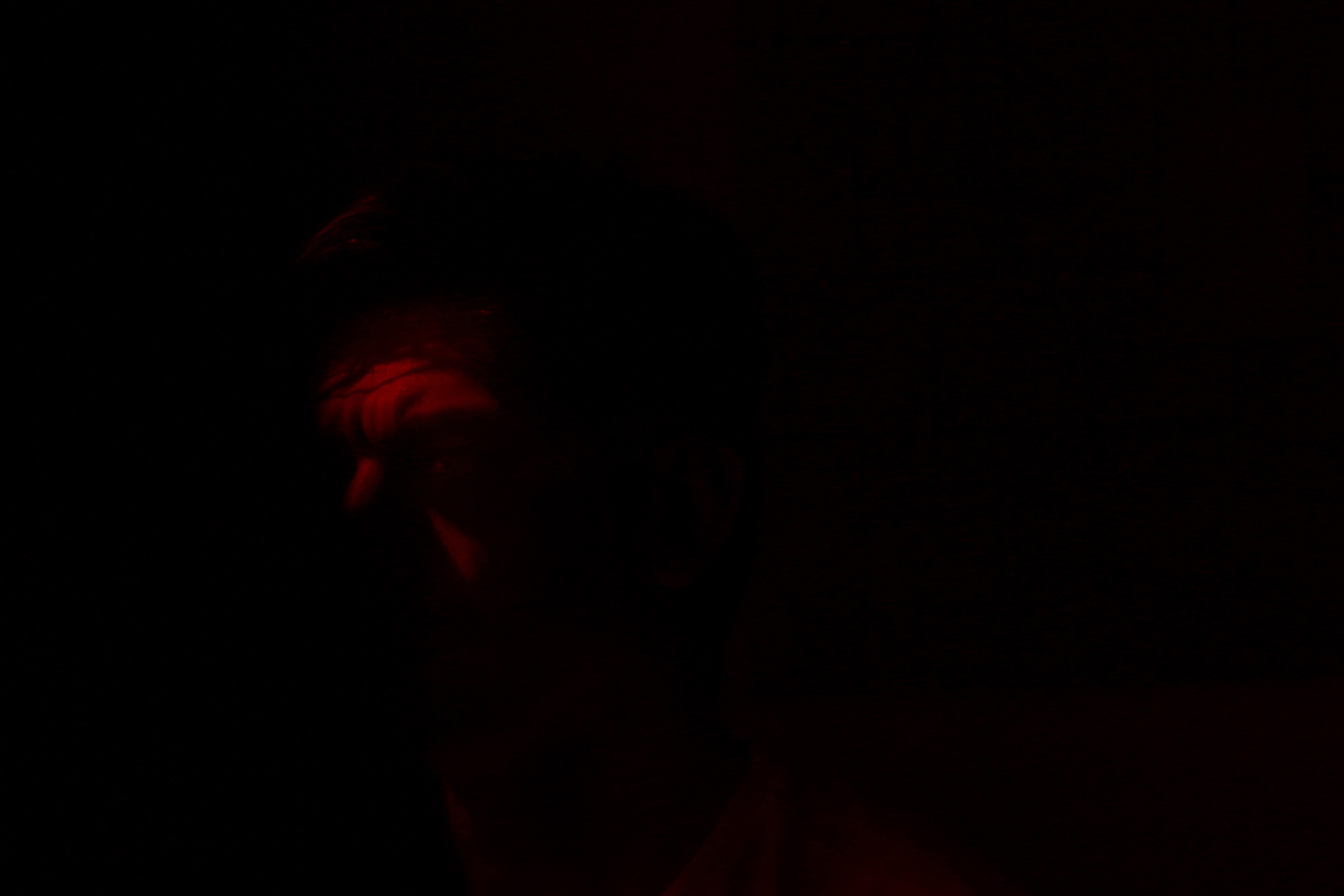
Nasser doesn’t feel particular fear, but tries to be more careful — he now avoids walking late and stays away from large groups of drunken young people. He thinks that none of his attackers would have the courage to approach him and challenge him one-on-one.
Jumakhon, 28, Tajikistan, 10 years in Russia
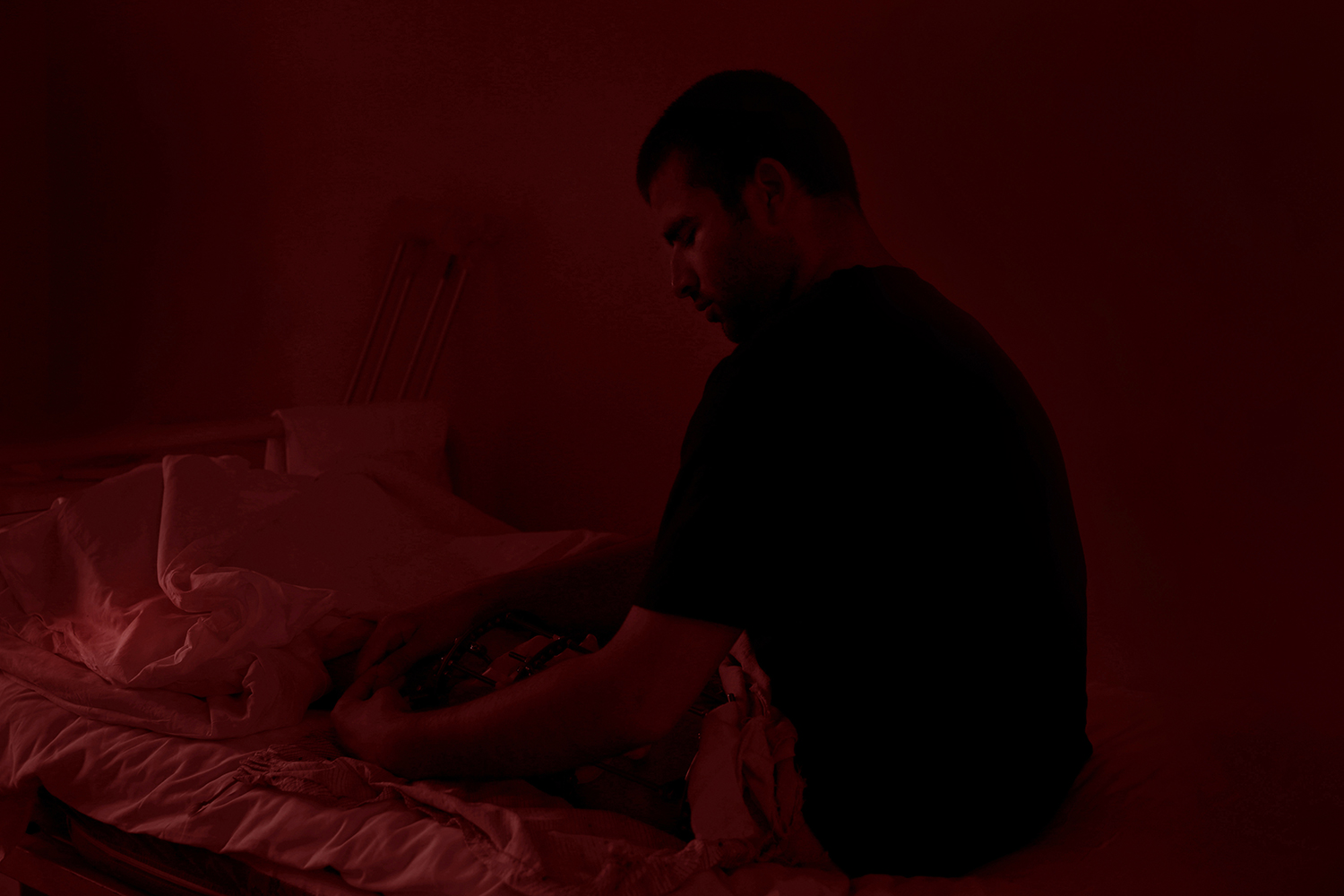
Jumakhon was attacked in the Ruza district of Moscow oblast where the man worked as a cab driver. He served a cab, but when the clients saw him they called him ‘churka’ and ‘monkey’, pulled his beard, yelled and swore. He couldn’t calm them down, they called the police. Law enforcement officers stepped out of the car with weapons ready, and a fight with them ensued. When a police officer pointed a gun at Jumakhon, he grabbed on the barrel and tried to point it downward. The policemen fired — and lodged a bullet in Jumakhon’s hip.
The man is now undergoing complicated treatment in one of Moscow’s hospitals. He fears for his Russian wife and two children and doesn’t understand how he could ever feel safe again. He jokes that he has to shave his beard off. He doesn’t feel hateful and is not planning to leave.
There are no developments in the criminal case on the incident, but law enforcement have been busy with Jumakhon’s documents instead, and now he might be deported.
Antonio, 53, Angola, 23 years in Russia
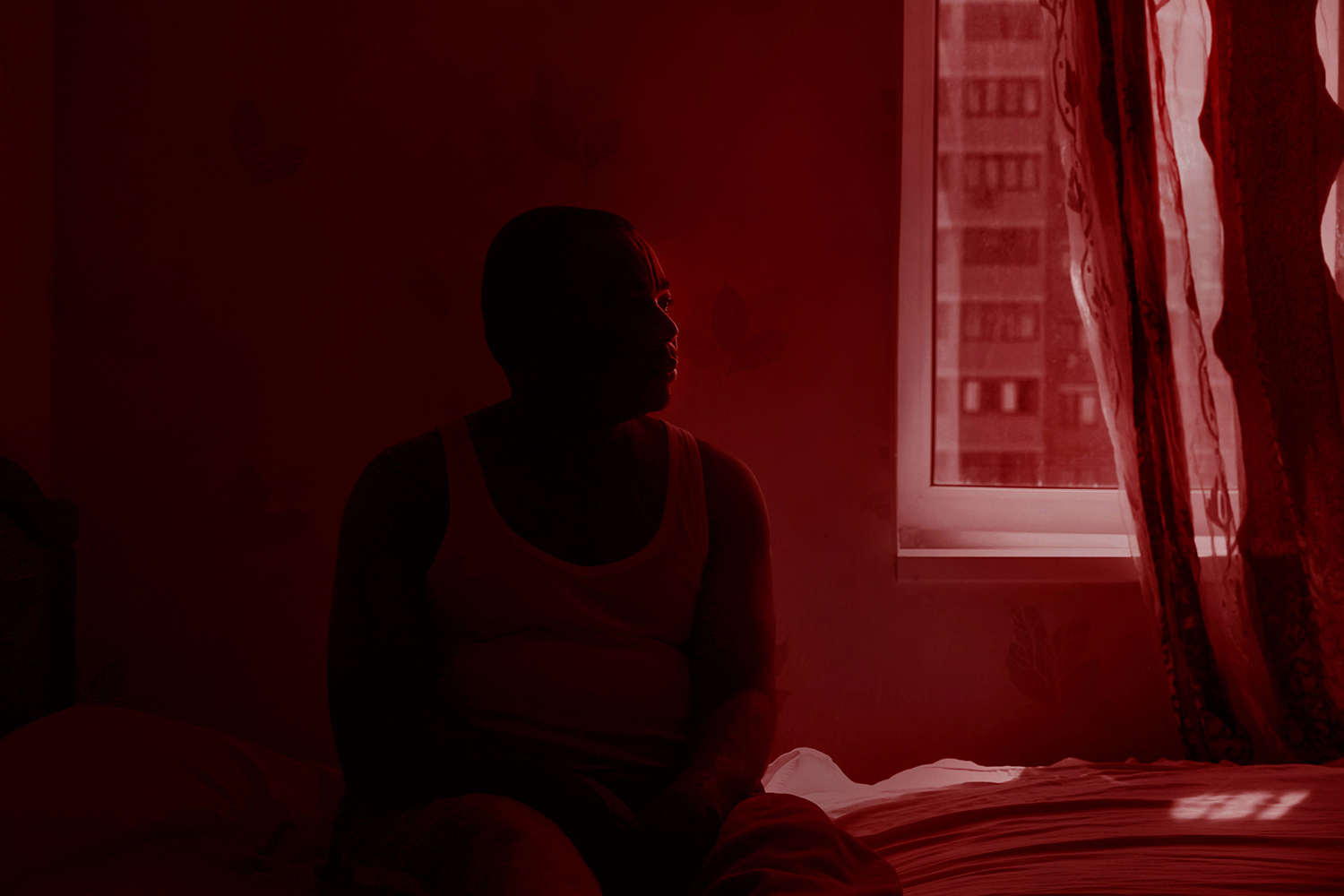
Antonio was attacked several years ago on the commuter train Mytyshchi — Moscow. It was the day Spartak played against TsSKA, and there was a group of eight football fans in the train car. Antonio heard them say ‘let’s kill this monkey’, after that the young men ran up to him and started kicking him, smashing his entire face.
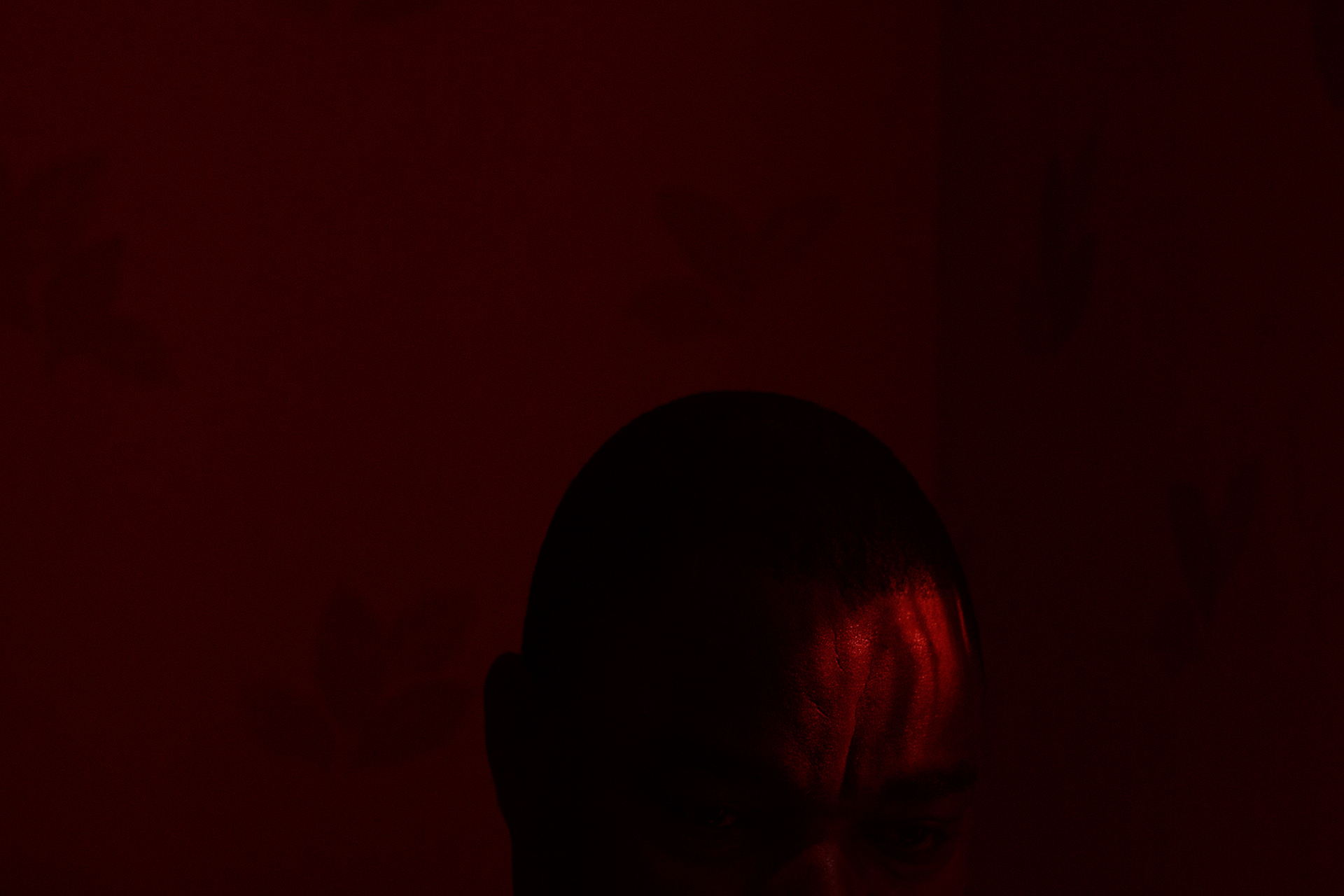
Antonio, who was a pastor in Angola, decided not to open a criminal case — he says he forgave the attackers. But he feels unprotected in Russia. People call him a black dog and a monkey in the streets, and change their seats on the metro to get away from him.
Oday, 22, Syria, 4 years in Russia
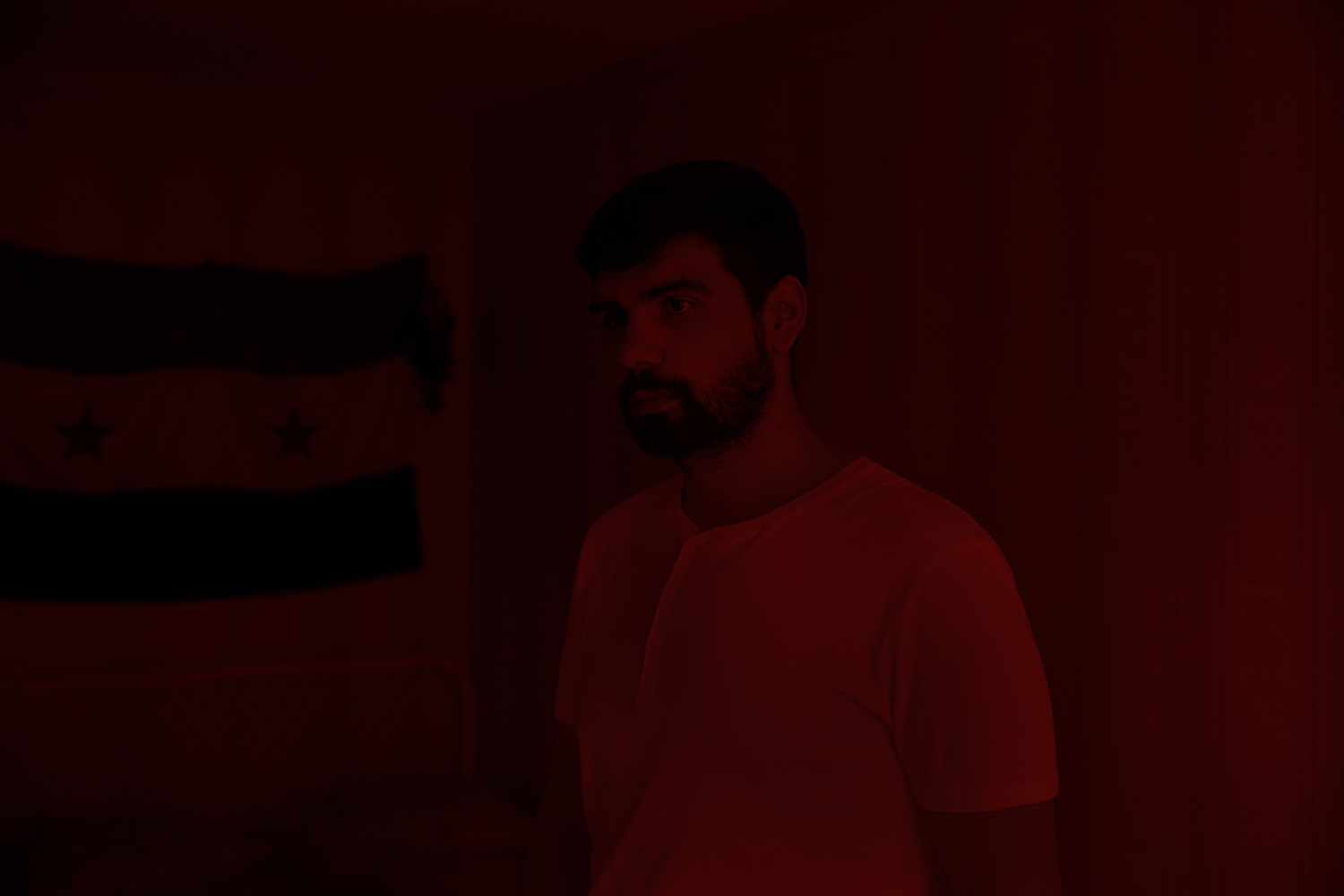
Oday was attacked in the night of March 8 in a cafe where he worked at Ladozhskaya Station in St. Petersburg. A day before the attack, a weird man who was clearly looking for trouble asked him why he was not fighting for ISIS in Syria and sits out in Russia instead. This offended Oday and they started arguing. The man left, but came back the next day, the conflict started again, and after yelling several things the man pulled out a knife and cut Oday’s neck, arms and back multiple times. He had to be taken to the hospital in an ambulance where he was placed in the ICU. After the surgery, the young man couldn’t breathe on his own, but gradually recovered. A criminal case was opened five days after the attack, but in the months that passed there were no developments in it.
Oday lost not only his feeling of security, but also his trust in law enforcement — he says every time he is trying to get answers they say “We will call you back” and do nothing, citing a heavy caseload. The footage which shows the suspect disappeared and potential witnesses decided not to contribute to the case. Now with the help of his wife and lawyer the young man is trying to get the case going.
